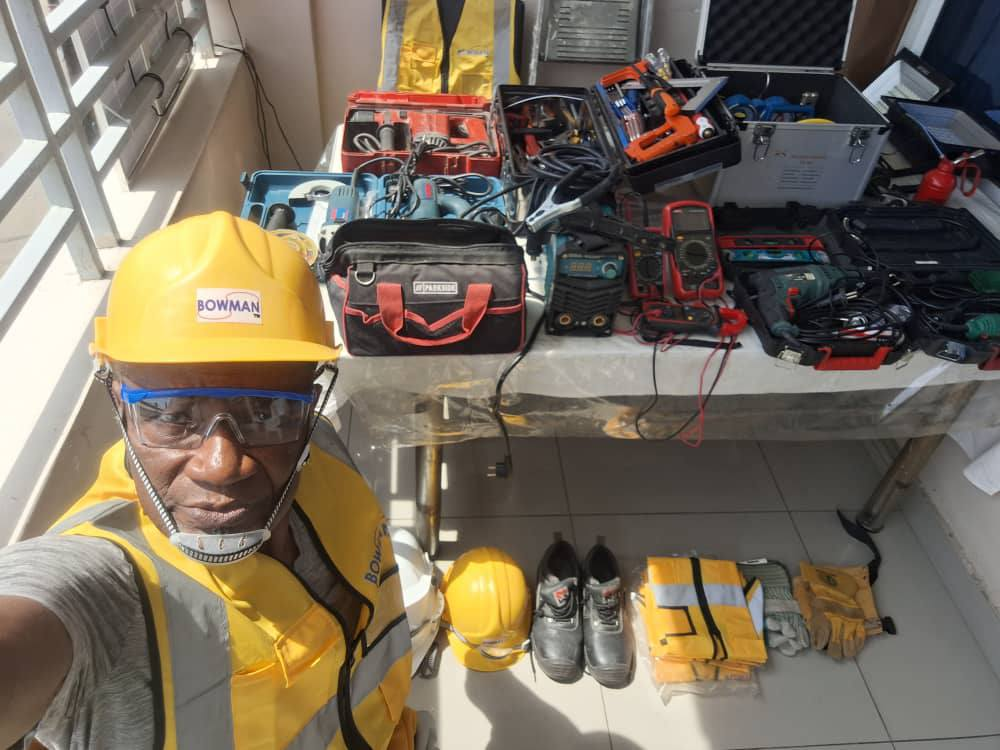Refrigeration in Africa: The Urgency of Modernizing Equipment
In Africa, refrigeration technicians play a crucial role in vital sectors such as health and agriculture. Yet, they often work with outdated equipment, limiting their efficiency and compromising compliance with environmental standards. This technological lag leads to significant economic losses and slows the growth of a key sector for the continent's development. It's time to change the game.
Lassané OUÉDRAOGO

The reality behind the numbers.
The issue is widespread: refrigeration technicians across the continent work with outdated equipment.
Key figures:
- 80% of refrigeration technicians in Africa use obsolete equipment, limiting their efficiency and ability to comply with environmental standards.
- Less than 30% of training centers have modern tools to properly prepare future professionals.
It is well known that older equipment tends to be less efficient than modern technology. First, outdated machines consume more energy, require more frequent maintenance, and lack precision in temperature control. As a result, technician productivity is lower, and operational costs are higher.
This also applies to environmental challenges. Regulations on refrigerant gases have evolved, particularly concerning hydrofluorocarbons (HFCs) and the promotion of more eco-friendly solutions. Older equipment often uses harmful refrigerants (CFCs and HCFCs) that damage the ozone layer and significantly contribute to global warming, posing a serious challenge in meeting international environmental commitments.
Causes of obsolescence
Several factors explain why refrigeration technicians in Africa continue using outdated equipment:
- High cost of new equipment: Replacing old machines with modern technology requires substantial investment, often unaffordable for small businesses and independent technicians.
- Limited access to new technology: In some regions, poor infrastructure makes it difficult to import modern equipment.
- Lack of institutional support: Government policies and financial aid to modernize the refrigeration sector remain insufficient.
- Lack of training and awareness: Some technicians are not informed about the latest innovations or the benefits of modern technologies.
Possible solutions
To improve the situation, several strategies can be considered:
- Promoting technical training on new technologies and environmental regulations. This is where U-3ARC plays a key role. Since its inception, the organization has conducted a series of webinars and in-person training sessions.
- Encouraging government incentives to facilitate equipment renewal and develop affordable solutions tailored to the African market.
Recently, U-3ARC launched a communication campaign. It invited African technicians to present their work environment with the tools. A campaign aimed at urging decision-makers to reconsider taxation on the costs of refrigeration equipment. Ultimately, modernizing Africa’s refrigeration sector is essential to boost technician efficiency, reduce environmental impact, and increase market competitiveness. A combined approach focusing on innovation, financial support, and awareness could help overcome these obstacles and ensure a transition to more efficient and eco-friendly equipment.
